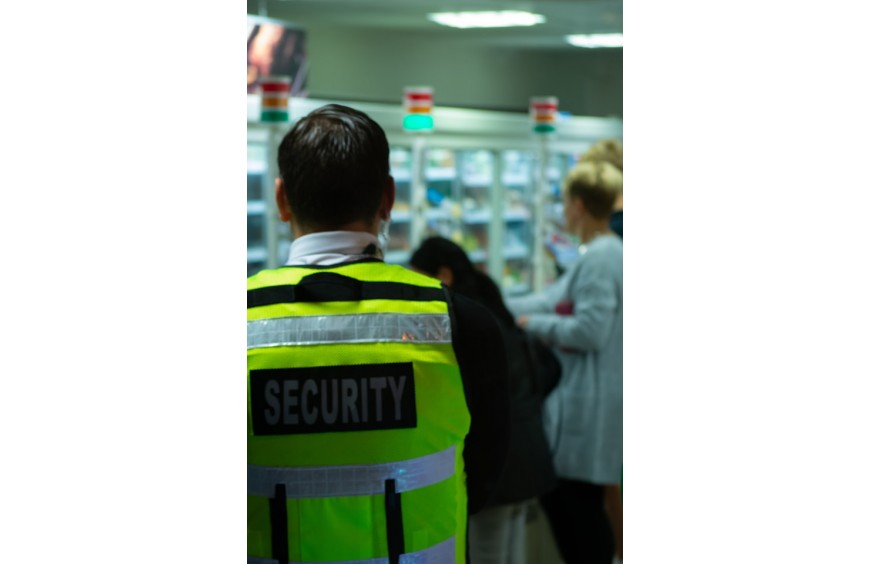Can my employer make me wear a body camera?
In an era where technology increasingly intersects with daily work life, the question of whether an employer can mandate the use of body cameras by employees has become a topic of significant debate. This document aims to explore the legal, ethical, and practical implications of such requirements, considering both the employer's need to ensure safety, security, and accountability in the workplace, and the employee's rights to privacy and autonomy. The use of body cameras raises a host of questions about surveillance, consent, and the balance between oversight and overreach.
Considerations for Wearing a Body Camera at Work
Your employer cannot mandate you to wear a body camera if doing so makes you uncomfortable. However, it's important to understand their rationale behind this request, which is often rooted in enhancing safety and security. Situations such as working in retail environments with high crime rates or in security roles where evidence and accountability are crucial might necessitate the use of body cameras. If wearing one is deemed essential for your job's specific needs, it's worth considering the benefits it could bring.
Additionally, employers who require the use of body cameras must provide the necessary equipment. This approach not only ensures compliance with General Data Protection Regulation (GDPR) by managing how footage is stored and viewed but also clarifies the ownership of the recorded material. Engaging in a dialogue about your concerns and understanding the justifications for such a policy could lead to a more comfortable and secure working environment.
Benefits of Wearing a Body Camera
The benefits of wearing a body camera are numerous, particularly in the right situations where accurate and reliable evidence gathering is crucial. Instead of relying on hearsay, video and audio recordings from body cameras offer a lucid view of what transpired — detailing when, where, and who was involved. This enables officials and stakeholders to retrospectively access the captured footage, providing a highly accurate account of events for proper scrutiny.
Additionally, the presence of a body camera often acts as a deterrent to crime, a phenomenon referred to as the 'observer effect'. Knowing that their actions are being recorded, individuals are more likely to adhere to the law and best practices.
Another significant advantage is the reduction of paperwork. Recordings can be submitted as evidence or proof of work done, using audio to capture interviews effectively and efficiently. This streamlines processes that traditionally required extensive written documentation, allowing for quicker, more efficient, and accurate reporting and analysis. By leveraging the capabilities of body cameras, organizations and their employees can benefit from enhanced security, accountability, and operational efficiency.
Challenges and Considerations with Body Cameras
While the advantages of body cameras are evident, there are also several challenges and considerations that organizations must address. Privacy concerns are at the forefront, with questions about when and where it is appropriate to record.
Establishing clear guidelines that balance the need for security and evidence gathering with the rights of individuals to privacy is essential. There's also the technical aspect, including storage capacity, battery life, and the integrity of the data captured. Ensuring that the footage is securely stored and managed, with access strictly controlled, is imperative to maintain trust and confidentiality.
Furthermore, the introduction of body cameras requires comprehensive training for users. Employees need to understand not only how to operate the devices but also the legal and ethical implications of their use. This includes knowing when it is acceptable to start and stop recording, as well as how to handle and submit footage for analysis and review.
Finally, the financial investment in body camera technology can be significant. Organizations must consider the initial purchase cost, ongoing maintenance, data storage solutions, and any upgrades needed to keep the technology current. Despite these challenges, the long-term benefits of deploying body cameras — increased transparency, accountability, and efficiency in operations — often justify the investment and effort required to overcome these hurdles.

Leave a Reply Cancel Reply